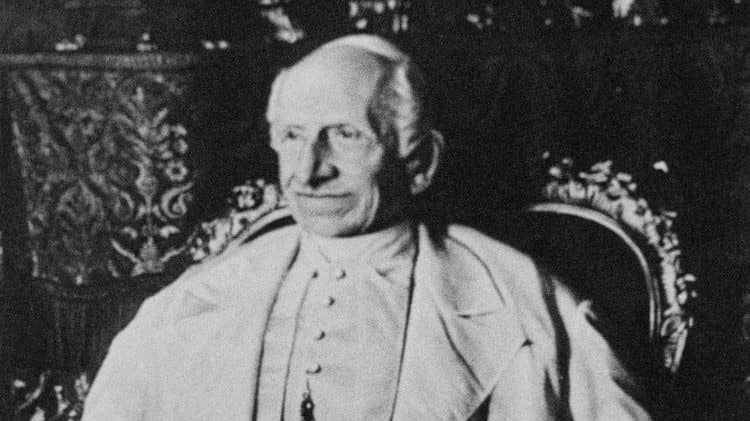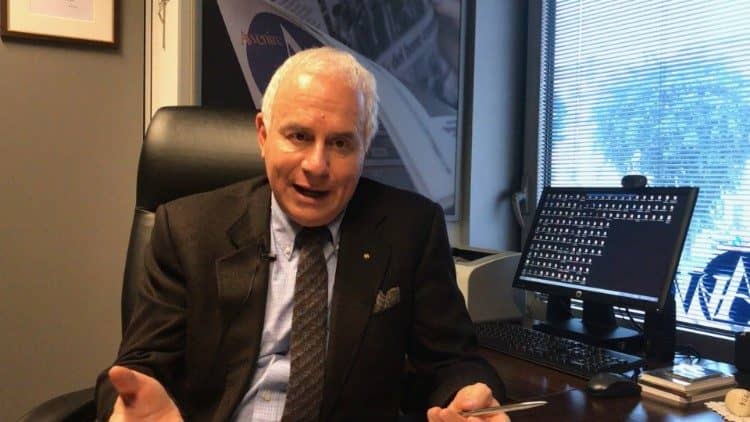When Pope Francis told the people of Mozambique to cultivate the “delicate flower” of peace on Thursday, it might seem to be the ultimate example of a “dog bites man” story: After all, there is nothing special about a pope urging peace.
But his call took on particular significance in the south-eastern African country. Since gaining independence from Portugal in 1975, Mozambique has been embroiled in conflict. First, it suffered a 15-year civil war from 1977 to 1992, where the Western-supported RENAMO rebels battled the Marxist government. In 2013, RENAMO began a lower intensity conflict, which only ended with a final peace agreement signed on Aug. 1.
In both peace deals, the Catholic Church played a significant role. In 1975, the Rome-based Sant’Egidio Catholic lay movement hosted the peace talks, and after it was signed a commission of Sant’Egidio mediators and representatives of the two sides was created to settle any conflicts over the meaning of the agreement.
This year, the peace deal was pushed through by the sheer force of the impending papal visit: Neither side wanted Francis to see a war-torn Mozambique.
This is not the first time the pontiff has seemingly forced a shaky peace on an African country. In 2015, Francis visited the Central African Republic, causing a ceasefire in that conflict. In this case, the pause in fighting was brief, and soon battling militias again took up arms.
Francis had even hoped to visit South Sudan in 2017 to try and push its warring parties to the negotiating table, but the trip fell through. Still, in April of this year, the leaders of the two battling factions came to the Vatican to pray for peace, and Francis – in a striking image – literally got on his hands and knees and kissed their feet to beg for peace.
These examples show that in Africa, the pope just doesn’t talk peace, he walks the walk.
Of course, it is not only the pope putting words into action. In the Democratic Republic of the Congo, the bishops’ conference was the mediating body that helped push President Joseph Kabila not to seek a third term in office. In Zimbabwe, a Catholic priest also played a key role in getting long serving nonagenarian President Robert Mugabe to accept it was time to step aside.
But the examples are abundant: Across sub-Saharan Africa – and not only in predominantly Catholic countries – Church leaders are often seen as the first mediators in civil conflicts, and the most important voices in speaking out against human rights abuses and for fair elections and the rule of law.
There are several reasons why this is the case.
1) In many countries, whose borders were drawn at European colonial conferences in the 19th century, there is little sense of national identity. Ethnic loyalties are stronger, and these can often cross borders. Bishops’ conferences are often the only true country-wide institutions, and since the bishops usually come from a variety of ethnic groups, their voices are considered to be unbiased.
2) The Catholic Church in Africa is a chief provider of many of the social services on the continent, including healthcare, education, and charitable giving. In many areas, the local parish or convent will be the first place you would go for basic assistance, or in more severe cases, for protection. For example, Muslims fleeing nominally Christian militias in the Central African Republic often find refuge in Catholic church compounds.
3) The bishops are considered honest brokers in a region where most politicians are viewed as utterly corrupt. That’s not to say there aren’t Church scandals in Africa, but on the whole, people trust their clergy not to be completely duplicitous; the same can’t be said for other leaders.
4) The star power of the pope is always in the background. Even when he isn’t on a papal visit, African leaders know an appeal by the Roman pontiff at a Sunday Angelus can shine a spotlight on their country, for good or ill. An example of the unique draw of the papal office is the mooted trip to South Sudan in 2017. It was to have been a joint visit with the Archbishop of Canterbury, Justin Welby. In the end, Welby went by himself, but the world’s media didn’t really cover the story.
So when Francis told the people of Mozambique that peace requires “strenuous, constant and unremitting effort,” it meant the Catholic Church won’t shirk its duty, and will be the first to roll up its sleeves.
Follow Charles Collins on Twitter: @CharlesinRome
Crux is dedicated to smart, wired and independent reporting on the Vatican and worldwide Catholic Church. That kind of reporting doesn’t come cheap, and we need your support. You can help Crux by giving a small amount monthly, or with a onetime gift. Please remember, Crux is a for-profit organization, so contributions are not tax-deductible.














